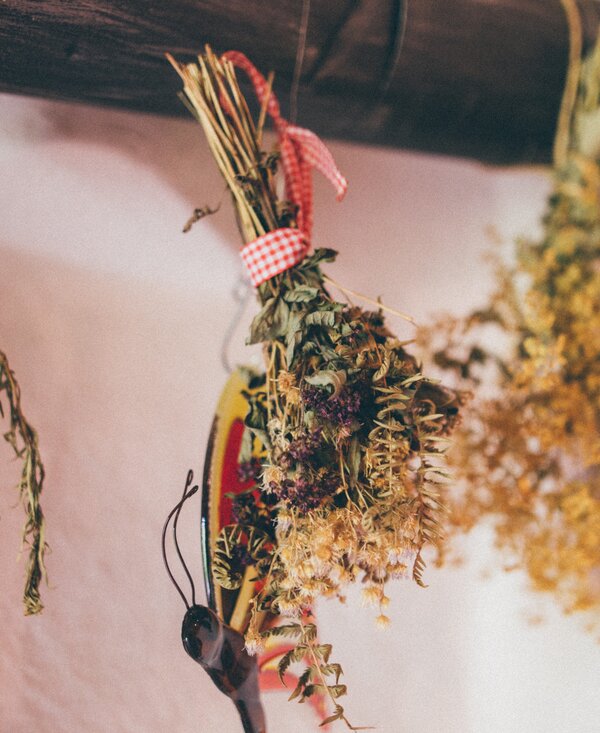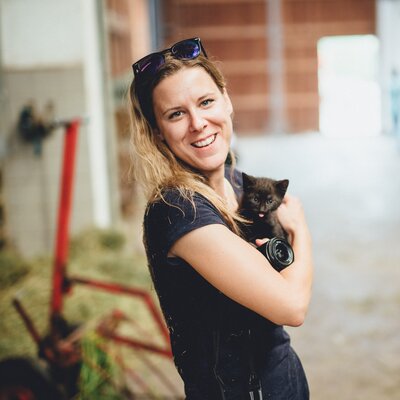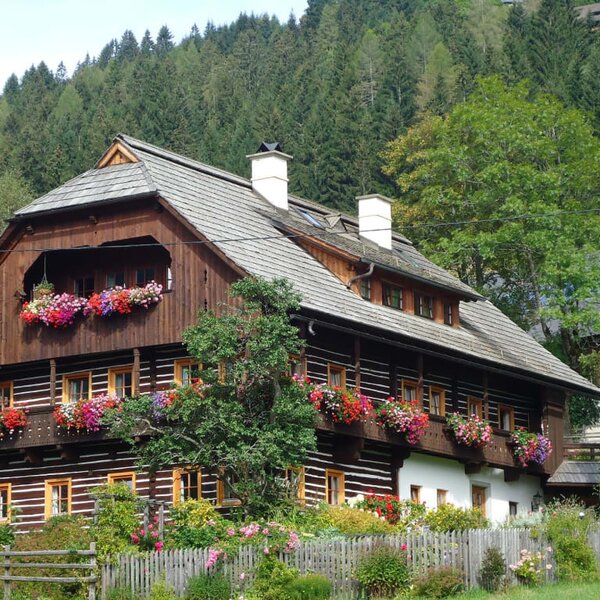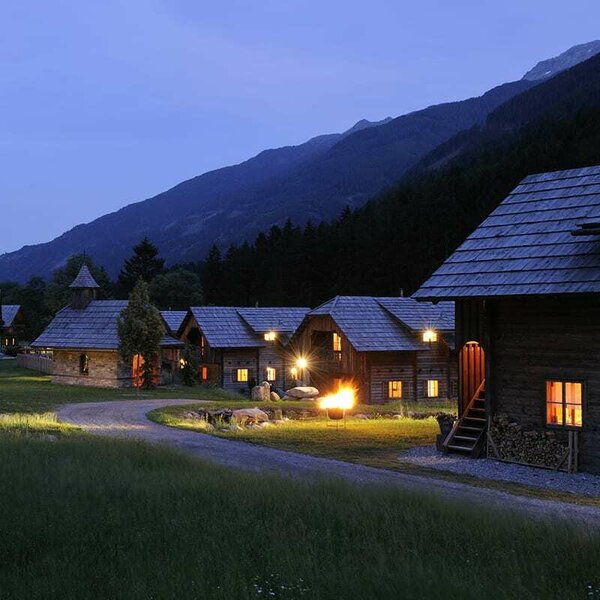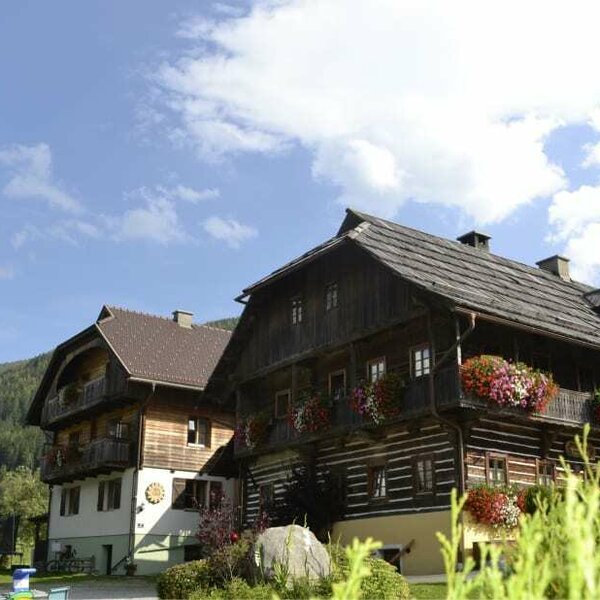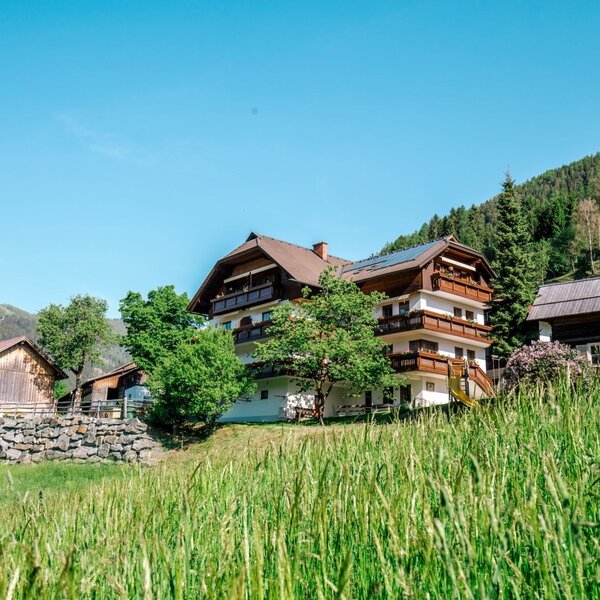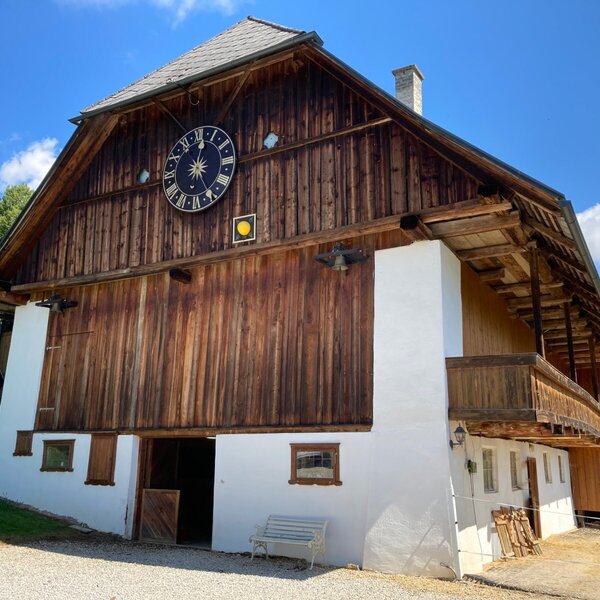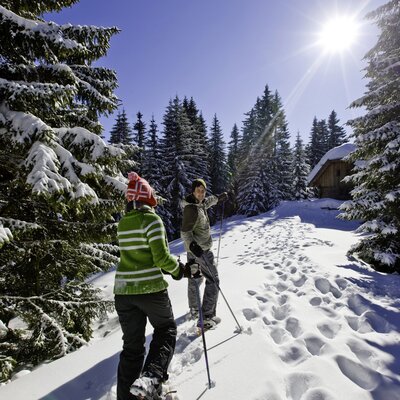It is no exaggeration to say that farmers are the guardians of tradition. They have always lived in close contact with nature. This is how many customs developed, on the one hand out of gratitude and joie de vivre, and on the other to ward off disaster. In times of hail insurance and lightning conductors, there is no need to stick blessed palm trees in the fields to protect against storm damage - but such traditions have survived as picturesque, living customs. "Da Wintar is kömman" is a Carinthian folk song. The traditions during this contemplative time begin with the lantern festivals for St. Martin in November.
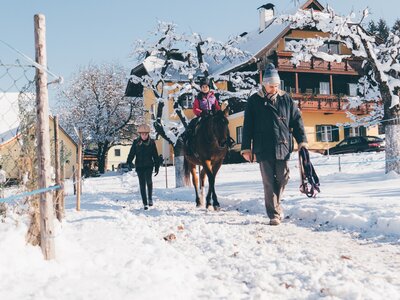
The Advent wreath for the living room is made by the farmer's wife herself, the fir branches are collected by the farmer from his own forest, as is the Christmas tree later on. It gets hellishly loud when the Krampuses with their terrifying masks get up to mischief around December 5th. Austria's 1st Krampus Museum is located in Suetschach in the Rosental valley. In the Gegendtal valley, the Klöckler go from farm to farm during Advent, knocking on doors (klöckeln) and reciting their blessings. At Christmas, the branches of St. Barbara's wreath should bloom in the vase and the Kletzenbrot (in Lesachtal the Stockplattln) should be on the table.
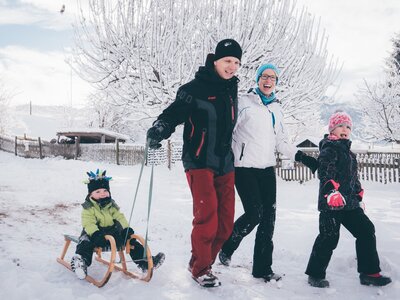
December 26 is celebrated in the Lavanttal with the Stefaniritt. On December 28, the "innocent children" pisnen (beat) the adults. The house and farm are fumigated in the Raunächte around New Year's Eve. The Epiphany carol singing in Heiligenblut has remained unchanged over the centuries. The children of Eisenkappel place illuminated paper churches in the river on Candlemas.
On St. Agatha's Day, the Striezel throwing event takes place in Stein in the Jauntal, to which people make a pilgrimage from far and wide. After the colorful, noisy carnival with the Villach carnival parade as the highlight, it is time for winter to fade away: the rural youth of Steuerberg help it with the picturesque bear drive.
Some of the words in the previous paragraph may seem Spanish to you, dear reader, but they are definitely Carinthian. If you are a guest on Farm holidays in Carinthia, your hosts will be happy to explain all this to you and tell you much more about traditional customs.
Marlies Glatz
Assistent Farm Holidays in Carinthia, 20 Article(s)
